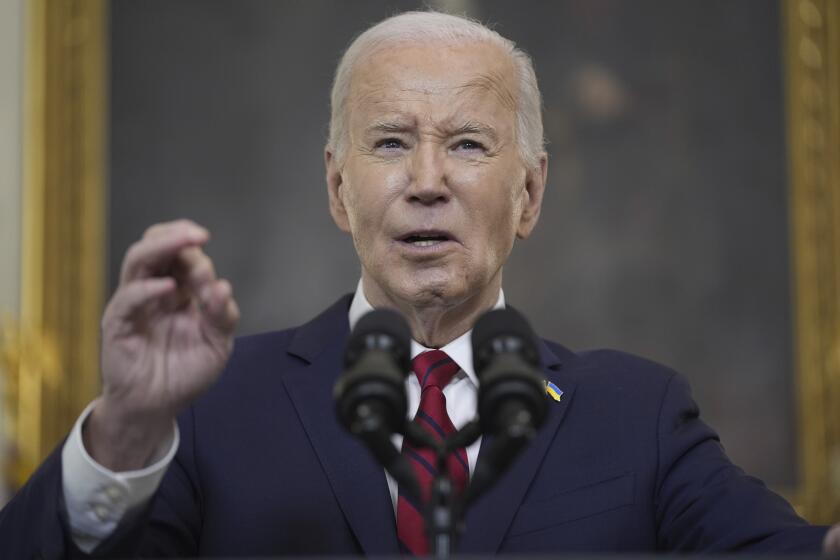Cuban exiles call for full implementation of law to recover property in Cuba
Cuban exile groups in Miami are urging the Donald Trump administration to “fully” activate the law that would allow plaintiffs to sue “foreign (and not just Cuban) companies” in US courts which are making money off property confiscated during and after the island’s 1959 Revolution.
Attorney Nicolas Gutierrez, the president of the National Association of Cuban Landowners in Miami, told EFE that - for now - the measures undertaken by the US are merely “symbolic.”
He said that the key is to “fully” implement the law so that lawsuits can be pursued in US courts against foreign firms with a “US presence” for “trafficking” in properties confiscated in Cuba.
“That is certainly going to decelerate foreign investment in Cuba because (foreign firms) can be sued by the family that was the owner of a (confiscated) property,” he said.
Gutierrez, like hundreds of thousands of Cuban-Americans, has not lost hope of receiving an indemnity for “damages and harm” caused by the expropriation of property his family had owned in Cuba, including “two sugar mills, 15 cattle ranches and several sugar cane camps.”
Orlando Gutierrez-Boronat, the head of the Assembly of the Resistance, a coalition of exile groups, told EFE that Trump’s measures are “a step in the right direction,” but “much remains to be done.”
On March 4, the Department of State opened the door for US citizens and Cuban-Americans to sue - starting on March 19 - any of 200 Cuban government entities, which appear on a “black list” of entities that now manage confiscated properties.
The initiative, however, does not legally affect their foreign partners.
Omar Lopez Montenegro, the director of human rights for the Cuban American National Foundation, says that it’s a measure that “is to a certain extent impractical” because the majority of the Cuban companies “don’t have assets in the US” which can be seized to cover the costs of the lawsuits.
Thus, the exile community agrees that the US should fully implement Title III of the Helms-Burton Law, which since its creation in 1996 has been suspended every six months by the governments of Bill Clinton, George W. Bush and Barack Obama.
Trump did the same thing for his first two years in office, but in January he suspended it for only 45 days and then for only 30 days, a term that now expires on April 17.
On that day, Gutierrez said, he expects the government to issue an official “positive” announcement that “foreign partners” of Cuban firms can be sued.
A Department of Justice committee has “certified” 5,913 cases brought by US citizens and firms - including Texaco, Coca Cola and Palmolive - who will be able to resort to Title III, if it is activated, to file lawsuits for a total of $1.9 billion.
That group - Gutierrez said - has investigated the issue for 30 years and probed into some 200,000 to 300,000 complaints by Cuban-American citizens claiming that property and companies they owned - such as the Bacardi liquor company, the lands of Havana’s Jose Marti International Airport, sugar plantations, insurance companies and many others - were confiscated without compensation by the Castro regime.
The Assembly of the Resistance says that these are “properties stolen from their legitimate owners by the (Cuban) regime,” which is now using those resources to increase the repression of the Cuban people and extend its “occupation” to Venezuela.
The coalition and Brigade 2506 on Monday will issue a public message to Trump asking that Title III be implemented and that Title IV of the same law be used with greater frequency to “deny visas to those international businessmen who are participating in illegal investments in Cuba with confiscated propeties.”
Gutierrez said that implementing the measures will not kick any Cubans out of their current homes, but he admitted that it will create problems for third countries, adding that the “US-European trade relationship is much more important” and should not be affected “by unscrupulous Spanish companies that may be in Cuba.”



